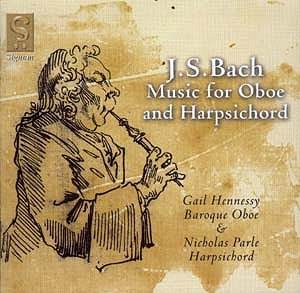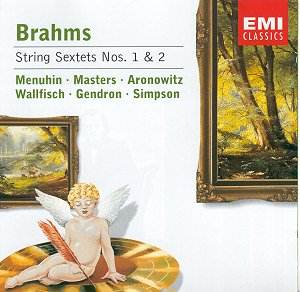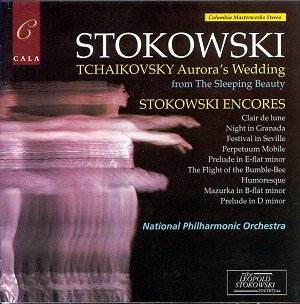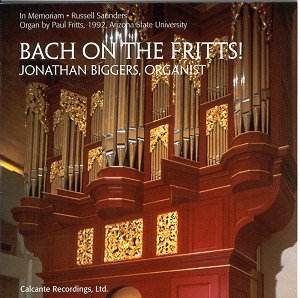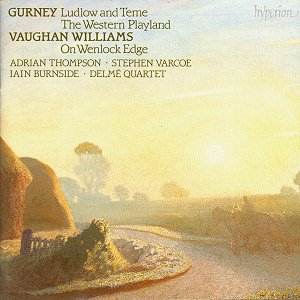 Composer: Ralph Vaughan Williams
Composer: Ralph Vaughan Williams
Works: On Wenlock Edge, Ludlow and Teme, The Western Playland
Performers: Adrian Thompson (tenor), Stephen Varcoe (baritone), Iain Burnside (piano), The Delmé String Quartet
Recording: 23, 24, 26 October 1989
Label: Hyperion CDA66385
Ralph Vaughan Williams and Ivor Gurney stand at pivotal intersections within the English art song tradition, with their respective works reflecting the rich landscape of early 20th-century British music. This Hyperion release brings together three significant song cycles that explore A. E. Housman’s poignant poetry from A Shropshire Lad, underscoring the composers’ distinct yet complementary approaches to setting these texts. Vaughan Williams’ On Wenlock Edge, composed in 1909, remains his most celebrated song cycle, while Gurney’s contributions, Ludlow and Teme and The Western Playland, reveal the depth of his artistry, forged in the crucible of post-World War I experience.
Adrian Thompson’s interpretation of Gurney’s Ludlow and Teme captures the emotional breadth of the cycle, though his upper register occasionally lacks the freedom necessary for the music’s demanding vocal lines. The second song, “Far in a western brookland,” emerges as a standout, with its atmospheric piano quintet accompaniment enhancing Thompson’s expressive delivery. However, the recording does not fully showcase his voice, which, to some ears, may come across as somewhat constricted. In contrast, Stephen Varcoe’s rendition of The Western Playland is a notable highlight; his voice, while not large, possesses a lyrical clarity that fits Gurney’s music beautifully. Varcoe’s interpretation of “Loveliest of trees” exemplifies his unaffected style, while his poignant reading of “The far country” demonstrates an emotional depth that resonates profoundly.
The performance of Vaughan Williams’ On Wenlock Edge poses an interesting comparison to Ian Partridge’s earlier recording with The Music Group of London. Thompson’s handling of this cycle feels more successful than his Gurney interpretations, likely due to the inherent dramatic intensity of Vaughan Williams’ settings. The fifth song, “Bredon Hill,” however, raises questions regarding tempo; Thompson adopts an excessively slow pace for the climactic stanzas, which, though intended to evoke atmosphere, risks rendering the moment stagnant. Partridge’s more measured tempo, by contrast, allows the music to breathe naturally, thus enhancing its emotional impact. The tension between the vocal line and piano quartet is also palpably different; while Hyperion’s recording offers a more spacious balance, it occasionally renders the lower strings somewhat reticent, obscuring some of the intricate detail essential to the works.
The engineering quality of this recording aligns with Hyperion’s high standards, though the aforementioned issues of balance might detract from the overall experience. The documentation accompanying the disc is thorough, yet a minor oversight appears with the repeated printing of an abridged text in the booklet notes. Such discrepancies can be irksome for listeners seeking a comprehensive understanding of the songs’ textual nuances.
This release is undoubtedly a welcome addition to the catalog of English song, particularly for Gurney’s cycles, which have not been widely recorded. While Thompson’s interpretations exhibit both strengths and weaknesses, Varcoe’s performance offers a compelling counterbalance, and when combined with the sensitive accompaniment of Iain Burnside and the Delmé Quartet, the disc becomes a valuable resource for any enthusiast of British art song. The juxtaposition of these two composers, alongside the technical and interpretative nuances of the performances, creates a richly rewarding listening experience that should not be overlooked.
